Authoritarian leader Alexander Lukashenko expected to extend his term through election opposition call a "farce".
Lawmakers in Belarus on Wednesday set the country’s next presidential election for 26 January. The vote is almost certain to extend the three-decade rule of authoritarian leader Alexander Lukashenko, who has suppressed almost all political dissent.
Lukashenko, who has been referred to as “Europe’s last dictator,” had already said he would seek what would be his seventh consecutive term. Having first come to power in 1994, the president’s last victory came in a 2020 election, which was denounced by the opposition and the West as fraudulent.
A staunch ally of President Vladimir Putin, Lukashenko confirmed his intention to run during an interview with Russian state television on Wednesday. He is currently in Moscow for the BRICs conference. Opposition leader Sviatlana Tsikhanouskaya swiftly denounced the upcoming balloting as a "farce."
No space for opposition voices
An unprecedented wave of mass protests swept the eastern European country following the 2020 elections. His government responded with a violent crackdown, arresting and beating thousands. Since then, opposition leaders and activists have since been jailed or forced to flee the country.
In 2021, Belarusian authorities caused a diplomatic crisis when they sent fighter jets to force a civilian flight crossing its airspace to make an emergency landing. The flight was carrying opposition journalist Roman Protasevich, who was escorted off the flight and taken into custody.
Sviatlana Tsikhanouskaya ran against Lukashenko in 2020 and was subsequently forced to flee the country to neighbouring Lithuania where she now leads a ‘government in exile,’ which is recognised by several European countries and the European parliament.
She urged Belarusians and the world not to recognize the upcoming election amid the continuing political crackdown. "Lukashenko has set the date for his 're-election' for Jan. 26, but it's a sham performance without a real electoral process that is taking place in the atmosphere of terror," she said.
Speaking to the Associated Press, she added, "we urge Belarusians and the international community to reject this farce."
A mirage of mercy
In an unexpected move over recent months, Lukashenko has released 115 political prisoners, after the government said they applied for clemency and repented. However, analysts believe he is using this to seek legitimacy and Western recognition of the election result. Authorities in Minsk have repeatedly refused access to independent election observers.
Belarus has been one of Moscow’s fiercest allies in its full-scale invasion of Ukraine, with which it shares a 1000km border. Subsequent Western sanctions of the 9-million-person nation have caused a “transformational recession,” according to economists. Belarusian authorities hope recent signs of clemency may lead to sanctions being eased.
However, according to Viasna, Belarus' oldest and most prominent human rights organization, there are still around 1,300 political prisoners in Belarus, including leaders of opposition parties and the group's founder Ales Bialiatski, who won the Nobel Peace Prize in 2022.
Lukashenko's current term expires next summer, but election officials said advancing the process to the beginning of the year would allow the president "to exercise his powers at the initial stage of strategic planning," for the coming year.
But Belarusian political analyst Valery Karbalevich sees it as a cynical move to avoid opposition. "There won't be mass protests in freezing January," he said.
Temperatures rarely rise above 0C for entire month.

 5 months ago
67
5 months ago
67
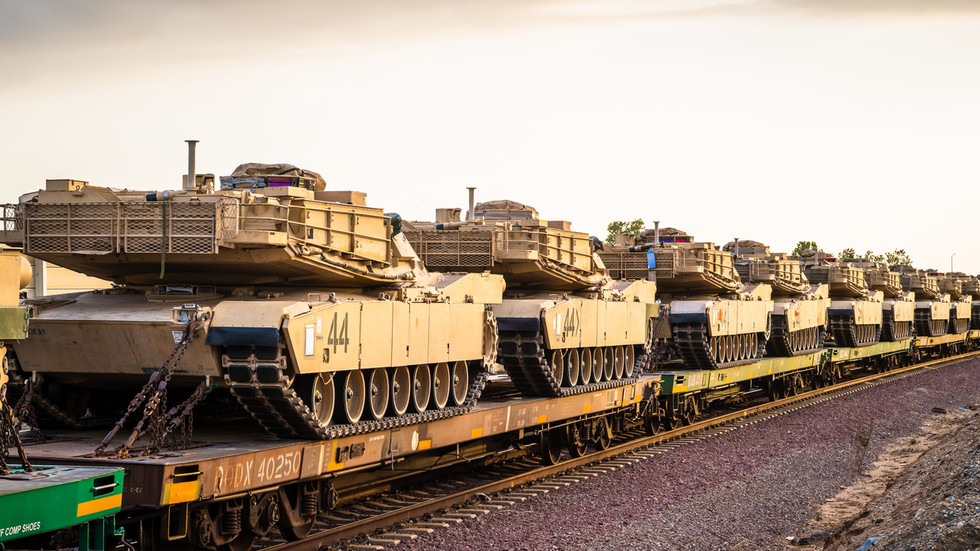
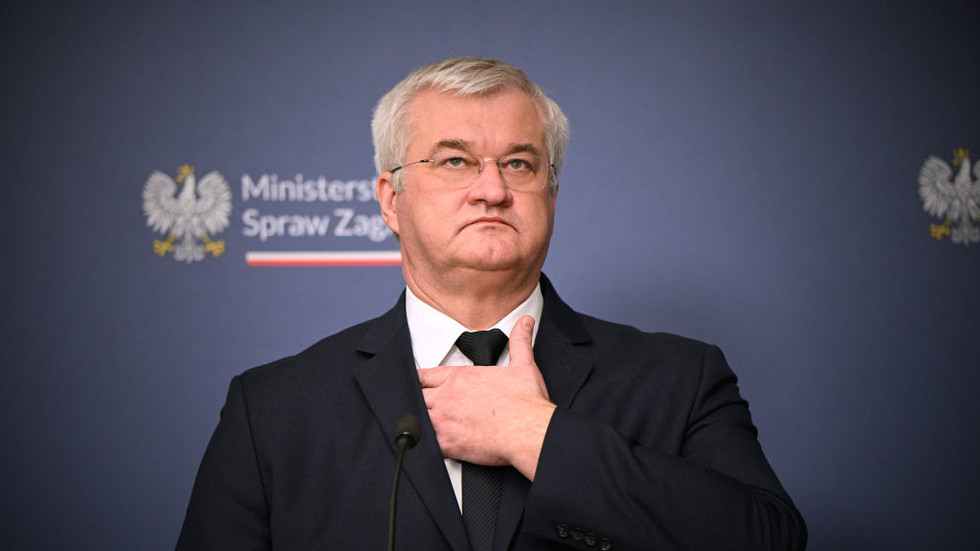
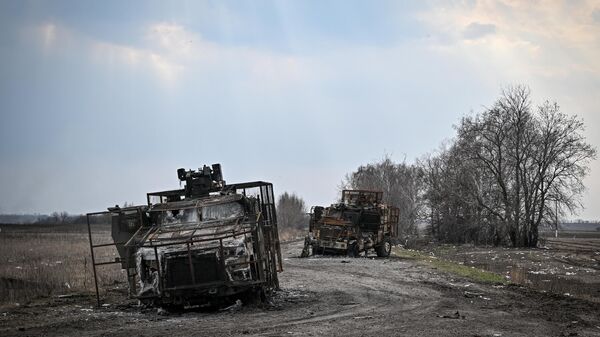

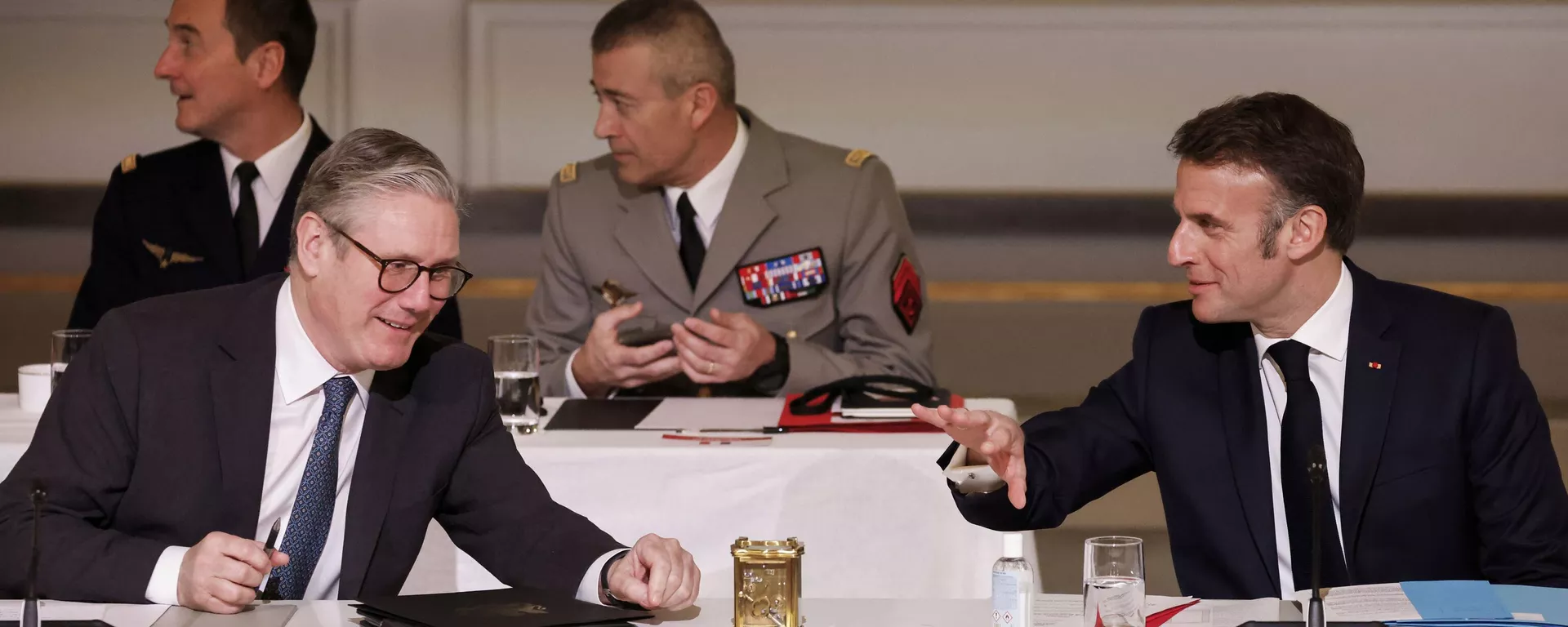
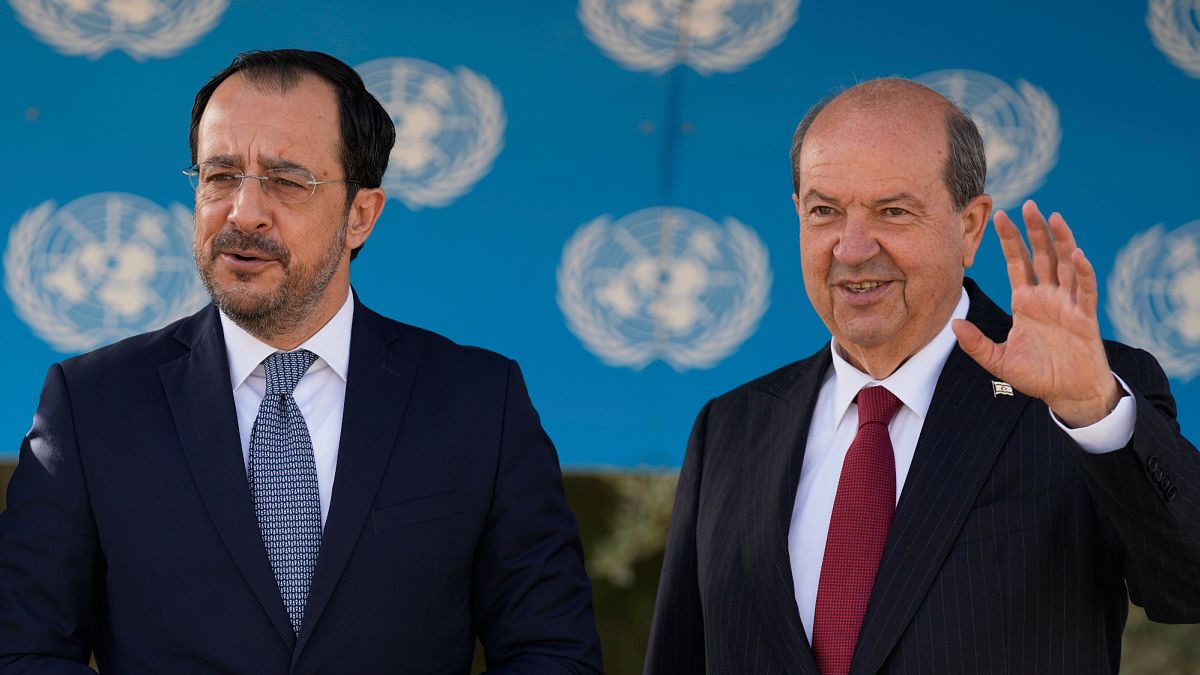
 We deliver critical software at unparalleled value and speed to help your business thrive
We deliver critical software at unparalleled value and speed to help your business thrive






 English (US) ·
English (US) ·